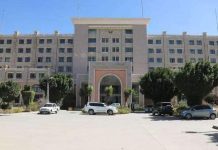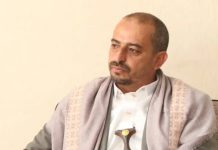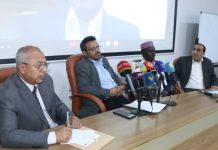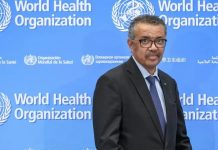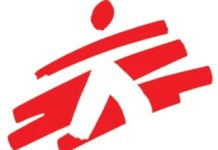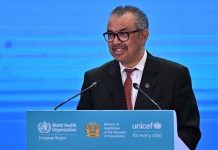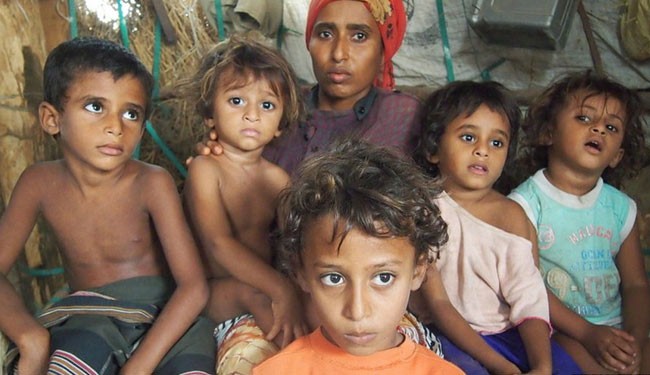Fewer than 730 ventilators and 950 Intensive Care Unit (ICU) beds are available for more than 15 million children and their families in areas that are hard for aid agencies to reach in Yemen, northern Syria and Gaza – meaning they are critically underequipped to respond to an outbreak of COVID-19, Save the Children is warning.
The Gaza Strip has been under blockade for 13 years, Syria has just entered its tenth year of conflict – with the Northern front currently the most active – and Yemen is in its sixth year of war. Healthcare systems across all three areas have been decimated, in some cases to the point of paralysis, and have minimal do not have nearly enough medical resources to respond to ongoing needs, let alone a global pandemic. As of March 29, Syria had confirmed 9 Covid19 cases and one death, Gaza 9 cases, and Yemen is yet to declare any.
- The continued support of humanitarian organisations to people in need is vital to slow the spread of coronavirus in this critical phase, but access to children and their families is often hampered by conflict, movement restrictions and other challenges. Preventive measures such as social distancing and hand washing are difficult if not impossible in overcrowded areas like Gaza and displacement camps in Northern Syria. Water sources are unreliable across all three locations, and shortages can occur daily. In Gaza, 96 percent of the available water is unsuitable for human consumption[8].
Children in Gaza told Save the Children about their fear. Raafat*, 13, said: ‘What I’m most afraid of is that Gaza is highly populated and doesn’t have enough resources to face the virus.’ Jood, 11, said: ‘This pandemic affects us, because we have to stay home and there is no income for the family.’
In Yemen, Moneer*, 17, from Taiz said: ‘I have heard about Corona. People in my family said that it was very dangerous and we wouldn’t survive it if it came to Yemen. Every day, my mother walks for 15 minutes to the well to fill the container with water and then walks back for another 15 minutes. The water doesn’t look clean, but it is the nearest source for us. We use it for cooking, drinking, and washing. We try to use as little as possible so we don’t have to go fetch it again.’
Jeremy Stoner, Save the Children’s Regional Director, said: ‘In places where medical care is scarcely available, prevention is critical. Yet measures like social distancing are hugely challenging in countries in conflict. If people need to stay two metres apart, for Palestinians living in Gaza to comply with this, the territory would have to be ten times larger than it currently is; for Syrians living in displacement camps, families would need to spread out in numerous tents currently unavailable; and for Yemenis, of whom about 2 million children suffer from acute malnutrition, the priority would be getting food.’
Many children in Gaza, Syria, and Yemen suffer from pre-existing health concerns caused by childhoods consumed with war. They will be malnourished, injured, or will not have been properly vaccinated. The same is true for their parents, many of whom have little or no family support and cannot afford to become ill. It is literally a matter of life and death to support these areas in their efforts to contain a Covid-19 outbreak,’ he added.
“We call on called all warring parties to truly implement the recently announced ceasefire to help the country prepare for a COVID-19 outbreak. As an aid agency, Save the Children is already facing a slowdown in its response because of closure of international borders, grounding of flights, and new limitations to movements in country. Teams on the ground need to be able to reach people in need with existing humanitarian aid, and distribute for example hygiene products, awareness sessions, sim cards, and cash without any impediments.” the organization said.


